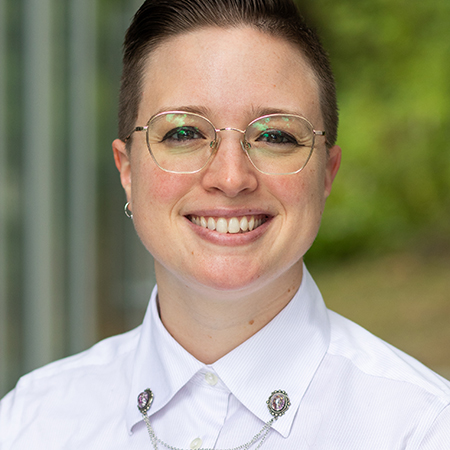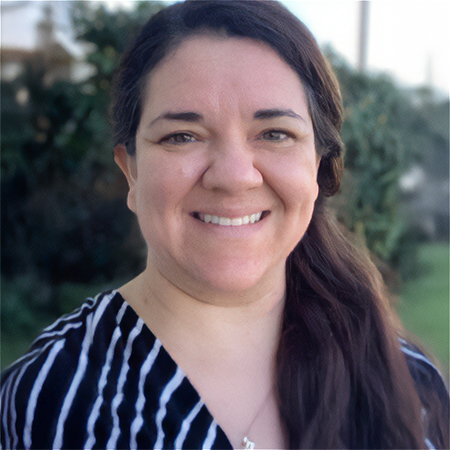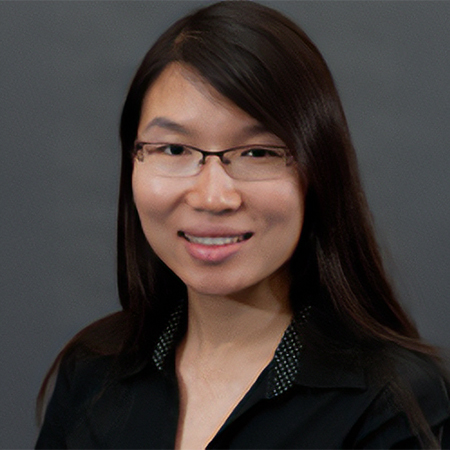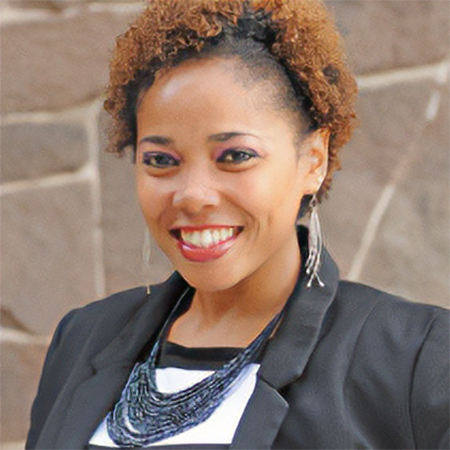
Justice, Citizenship, & Social Responsibility
When you learn about social justice, you explore how individuals and communities construct and find meaning in the world around them.
The justice, citizenship, and social responsibility concentration gives you an understanding of how cultural and ethical structures are inherited, cultivated, and perpetuated locally and globally, and how they animate and orient human experience. It’s a great counterpart to your business degree and pairs well with other concentrations such as entrepreneurship, environmental sustainability, legal studies, leadership, and social and cultural studies.
Where the Justice, Citizenship & Social Responsibility Concentration Will Take You
You will dive right into philosophy, anthropology, communications, history, political science, law, and social justice classes to learn about people as actors in a social environment. This concentration includes courses across the liberal arts and sciences, so you will have the skills and mindset to change industries and courses throughout your career, lead with confidence and compassion, and address real issues on small and large scales.
Having a knowledge base that’s so broad and insightful provides a foundation to build out a career path of your choice, with a keen eye for marketing, product and project management, social impact, and human resources. Students go on to have opportunities as entrepreneurs, educators, financial analysts, accountants, and consultants, and they work in technology, sustainability and environmental justice, law, diversity and inclusion, and healthcare.
What You Will Study in Your Justice, Citizenship & Social Responsibility Courses
As you learn about social justice and social responsibility, you will take at least one philosophy course and round out your four-course study with choices across other disciplines, including history, enivornmental, and civil rights courses. You will also get a deeper understanding of integrating these elements into the workpalce, specially with corporate social responsibiliy courses.
Your options include:
Explore religious expression around the globe from an ethnographic and qualitative perspective. Emphasis is placed on the analytic categories for understanding religious experiences and the prospects and challenges of cross-cultural comparison. You will adopt the techniques of anthropological inquiry to consider the social forces at work within religious life, including the political, colonial, gendered, and transnational dimensions of worship. Topics include ritual, mythology, witchcraft, magic, and science.
Understand, explore, and analyze the inequities and power dynamics associated with types of waste in one of our environmental social justice education classes. Using multiple case studies, including topics such as smartphones, fashion, food, digital waste, and climate change, you will study core questions to challenge how you think about consumption: Who is causing, experiencing, and responding to problems associated with waste? How do waste issues relate to broader structural injustices? How can we reimagine solutions for environmental justice?
Participate in discussions that relate morality to the life and circumstances of contemporary society. You will gain solid grounding in the major concepts of ethical theory and in the basic skills for analyzing ethical issues and making sound moral judgments.
Develop a comprehensive understanding of gender in contemporary domestic and international politics. This course covers a variety of themes, such as feminist theory, intersectionality, gender performance, comparative legal regimes, and the political economy of gender. You will explore various case studies on gender from around the globe and deepen your understanding of core concepts.
Focus on the ideologies, discourses, and technologies that mediate between contemporary consumers and the disappearing “Wildness.” This course incorporates a multicultural and “multinatural” view to look at technology’s role in representing, mediating, and recreating nature. You will explore a variety of cultural phenomena including the usage of smart phones, selfie sticks, and Go Pros in ecotourism, backpacking cultures, and outdoor adventure sports industries.
Investigate the ways in which increasing technological capabilities have influenced human values and the reciprocal influence of beliefs and conceptual systems upon technological progress. This course builds on the foundational liberal arts course you take in your first few years at Babson.
Explore more justice, citizenship, and social responsibility courses
You Will Learn From the Best
At Babson, our faculty are experts, innovators, and forward thinkers in their chosen fields. Here are just some professors sharing their expertise and support with our students in the justice, citizenship, and social responsibility program.
Have Questions?
Faculty Contact: Alex Adamson
Sponsoring Division: Arts & Humanities


